|
Hi [First Name],
Autumn in Italy is spectacular. New olive oil, chestnuts and a bounty of seasonal greens set against a backdrop of hills painted every shade of gold, orange and red and unbelievably blue skies. 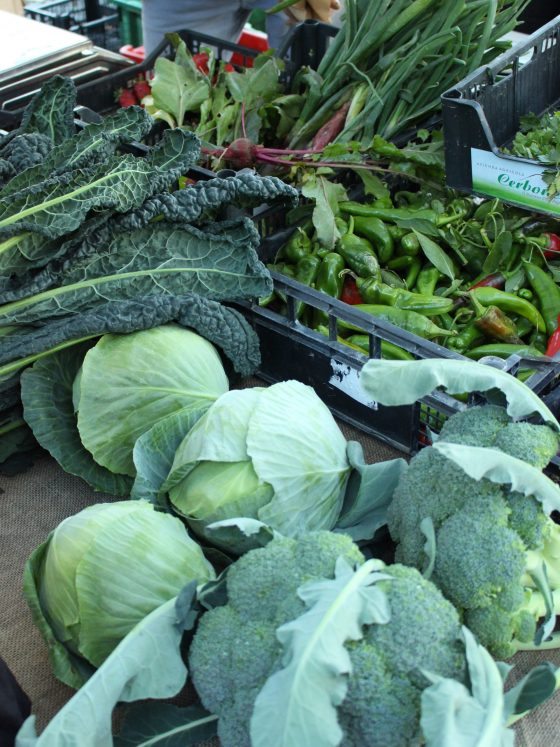
I wish I could take you to the local market and show you the produce; bring you back to mine and make sourdough, a stew bubbling in the background. Whilst the oven's on for the bread, we could bake a Castagnaccio (Tuscan chestnut cake - more on that later) in there too. I have been known to run retreats (I used to be a life coach) and the thought of bringing some wonderful people here in October or November is something that tugs at me every autumn. I want to share these experiences, this food, these smells and colours with you. I like to let the world guide my steps... so let's see if it wants us to cook together in the future! Though the internet is a wonderful tool, it doesn't compare to breaking Tuscan bread together. There have been a lot of kitchen-based antics happening since I last wrote: Thanks to Ellie Markovitch and her fall intuitive baking session, I got round to putting sweet potato into sourdough, something I've been wanting to do for ages. My gosh, it works! My son, Gabriel helped. He made a loaf flavoured with rosemary (pictured) and I did mine with tumeric and nigella. The crumb was so soft, sweet and bouncy. 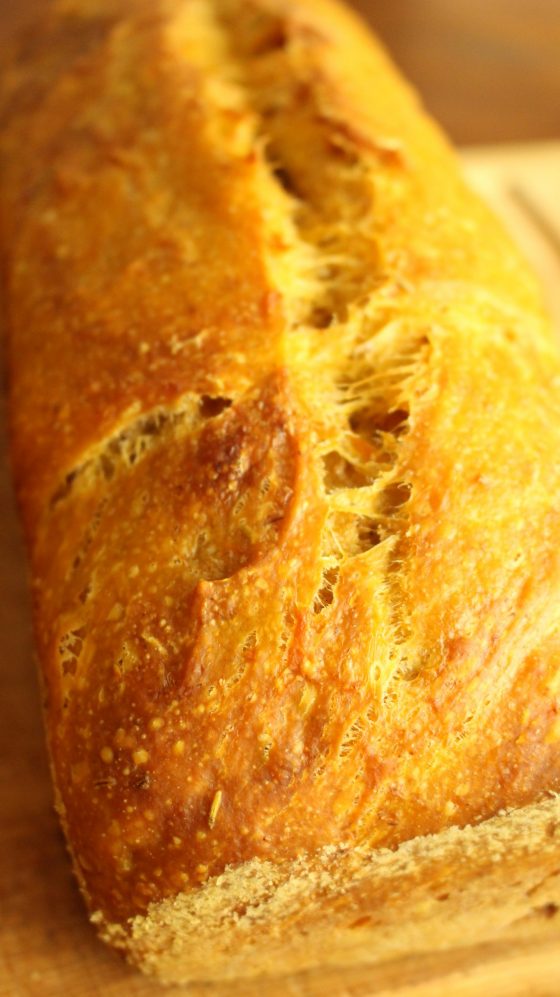
I'd love you to be able to try it, so I'm sharing the recipe here: Sweet Potato & Spelt Sourdough 500g spelt flour (I use 50/50 white and wholegrain) 200g sweet potato (previously baked/boiled, peeled and mashed) 200g water (vary this according to the needs of your flour) 25g olive oil 10g salt 135g active sourdough starter optional flavourings: herbs like rosemary or oregano; spices like tumeric and/or nigella seeds - Mix all the ingredients well and bring together into a dough, working it for 5 minutes.
- Leave to ferment until the volume has increased by 75% stretching and folding roughly every hour.
- Shape the dough and transfer to a loaf tin (mine was lidded, if not cover yours) and leave to proof until visibly risen.
- Cook for 15 minutes at 210C and then 35 minutes at 190C (vary this according to your oven/tin combination) until it's golden on the top and hollow-sounding when tapped on the bottom!
Talking of sweet potato, do have a go fermenting it if you can. It's delicious. I've linked the photo below to my post on Instagram where I talk through what I did. 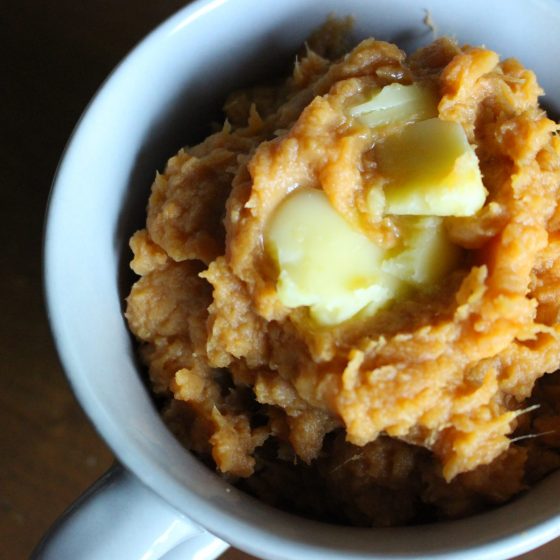
If you want to join in with my 'fermented' gingerbread (also on Instagram), there's still time. Mix equal amounts of runny honey (preferably unpasteurised) or molasses/treacle/golden syrup and flour well. Cover and leave in a cool place. This is the beginning of cookies that we'll mix the final dough for right before Christmas (keep an eye on my IG feed, I'm hoping to do it on camera). On Friday, I'm cooking Castagnaccio (the crazily-good Tuscan chestnut cake I mentioned above) live on Zoom at 7am PST/4pm CET with Andrea as part of a Festive Celebration Cook Along for the patrons of Ancestral Kitchen Podcast. If you'd like to be part of this (there'll be an Eggnog recipe demo too), you can join our community here. 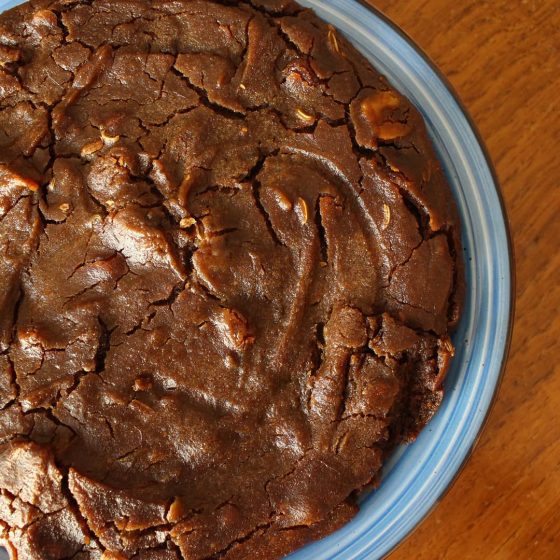
And, whilst I'm on the podcast, the latest episode is all about comfort food. It's one that went quite a way off-script! Quite a few of you, having listened, have told me about your comfort foods. I'm hoping Andrea and I can do an episode next year when we get into the delicious details of these! Find Ancestral Kitchen Podcast on your podcast app or download from my site here. Thank you to those who have shared my latest blog post 'What Does Eating Ancestrally Mean?'. If you missed and want to take a look, it's here. Please do share it with anyone you know who is new to, or interested in, this wonderful food world. 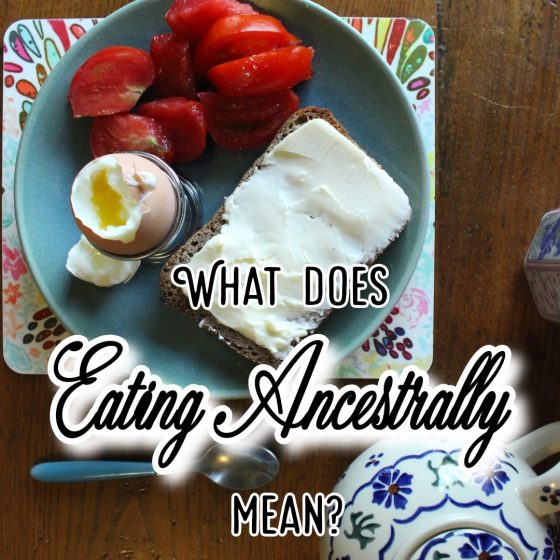
Lastly, if you love what I do and want to support me, there are several ways you can. Firstly, share my social media and blog posts with those who you think will love them too. If you like the podcast, think about becoming a patron - it's $9 (or equivalent in your currency) a month and you get lots of goodies. If you want to know how to make some seriously good, yet almost forgotten ferments, you can find a course on the Turkish millet-based Boza here and another one on the ancient Scottish oat ferment, Sowans, here.
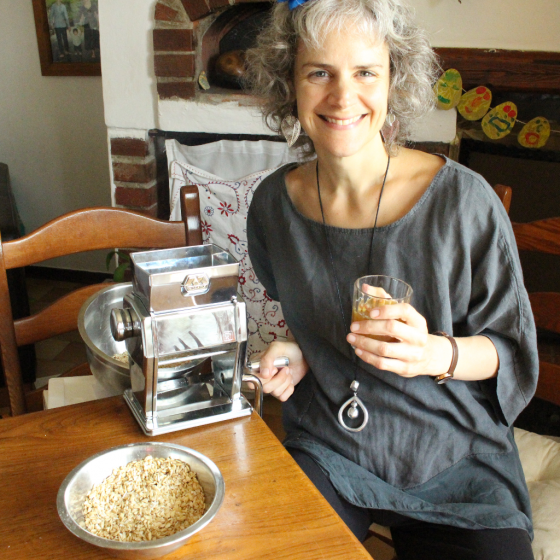

Alison Kay creates foods that
enhance our biome, community and environment, working from her kitchen
near Florence, Italy. She’s the founder of Ancestral Kitchen, where she shares traditional food wisdom, fermentation and joyful eating in a
practical and easily-accessible way. You can find her at www.ancestralkitchen.com,
on Instagram www.instagram.com/ancestral_kitchen or on your podcast app by searching for Ancestral Kitchen Podcast.
|